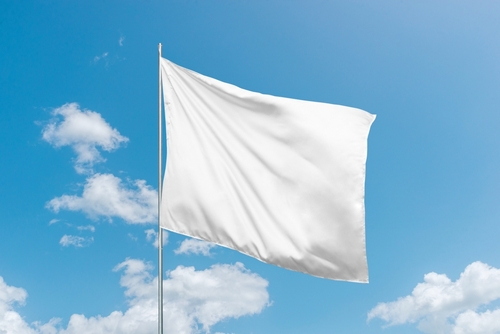A house, a car, a trip to outer space or free airline tickets can be attractive incentives and draw hundreds, if not thousands, of consumers, but when the impact hits consumers’ wallets, the thrill can turn ugly.
This month, American Airlines awarded free airline tickets to consumers who submitted the best videos, essays or photos about their flying experience as part of its We Know Why You Fly campaign. The grand prize offered 12-round trip coach tickets to anywhere in the U.S. the airline flies. The airline valued the sweepstakes prize at $52,500, or $2,200 per ticket.
The grand-prize winner, Jack McCall of New York was thrilled. However, as the implications of his win became clearer, his excitement turned to disappointment. He declined the offer, saying the prize would cost him roughly $19,000 in taxes, and that he could buy his own 12 tickets for less, according to news reports. A round of negative media reports added to the dismal turn of events for American Airlines.
In another sweepstakes, an Illinois man who won a $1.5 million dream mansion in Texas as part of the Home and Garden Television Dream Home sweepstakes got socked with more than $631,000 in federal taxes. The winner, Don Cruz, who moved his family into the mansion, said he doesn’t plan to sell the property, but is struggling to find ways to keep the house and settle the tax issues, news reports said.
From cars and trips to music downloads and cell phones, the costs associated with prizes or incentives can be daunting for consumers and can trip up even the most well-planned promotion.
“Getting an award that costs you money, that costs you time is not a motivator,” said Karen Renk, executive director of the Incentive Marketing Association. “Marketers would be wise not to demotivate their customers.”
Recently, Papa John’s International launched a limited-time promotion offering customers a free BlackBerry 7100G by placing an order online at Papajohns.com and adding two 20-ounce beverages and a side item. The BlackBerry is valued at $350.
To qualify for the device, consumers must place the online order, pay $150 (which will be refunded through a rebate offer) and agree to a new two-year, $75-per month service agreement.
“It’s a fun opportunity for us to draw attention to our online ordering,” said Jim Ensign, senior director of marketing and communications for Papa John’s. “We are looking to reach out to new customers…and try something they wouldn’t expect. We like to offer customers something of additional value.”
The mandatory two-year service agreement for the BlackBerry may deter some customers, but the offer is optional, Ensign said. Customers can still place orders online and opt not to receive the BlackBerry, he said.
“It’s not going to be for everyone,” Ensign acknowledged. “Our customers are pretty smart. We’re not expecting customers to not understand what they are getting into. There is no obligation.”
Papa John’s launched its online ordering service about 18 months ago. Online sales this year are 50% greater than last year. The QSR is pushing the tool to give customers a new option when it comes to ordering food and attract a wide range of customers, Ensign said.
Whatever the reward or incentive, consumers must make the final call whether to participate in the program, IMA’s Renk said.
“It’s up to consumers to make the judgment,” she said. “It’s up to the marketer to make sure the program is designed in such a way that it motivates that customer. The fewer strings attached to the award, the more highly perceived it will be in the marketplace.”
 Network
Network

